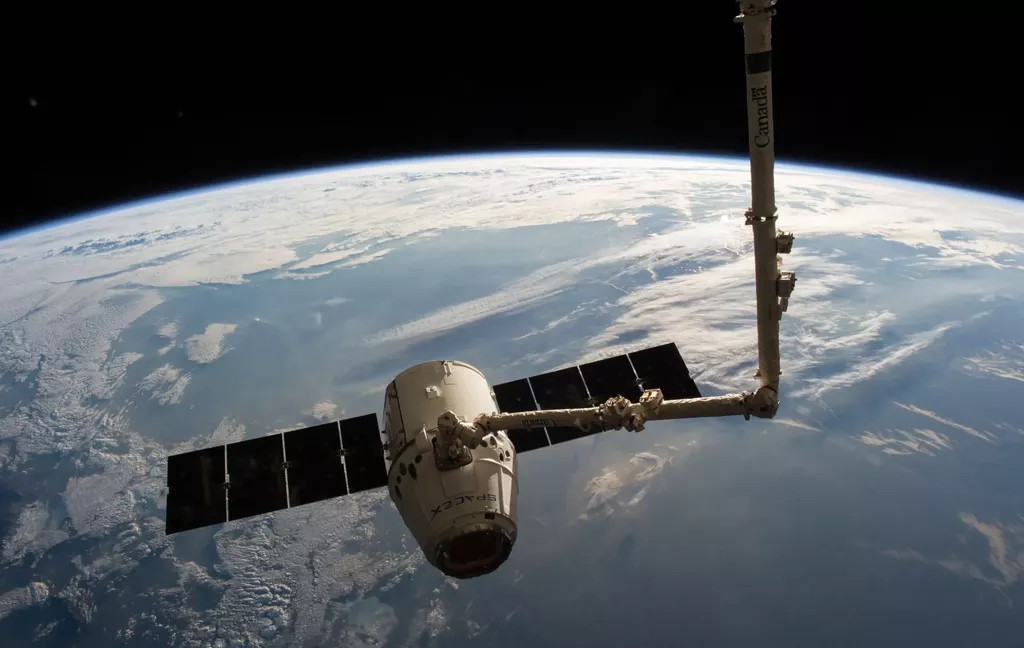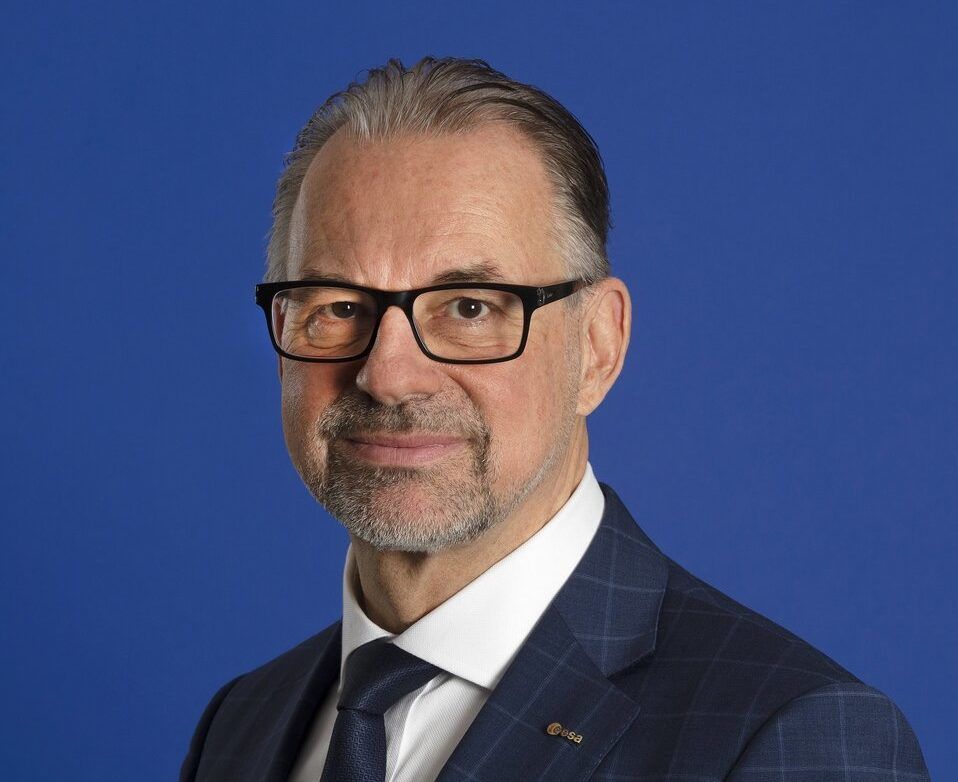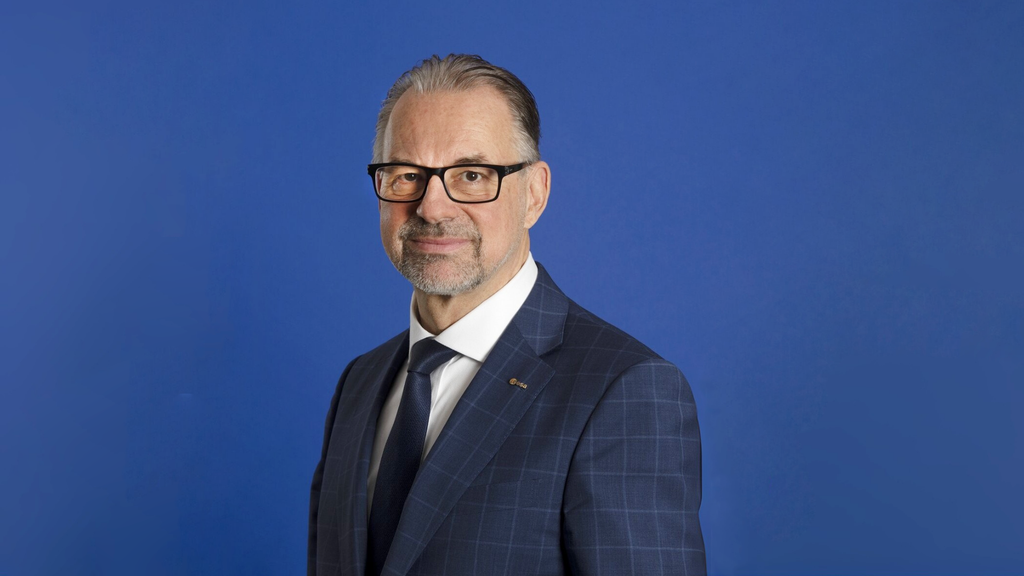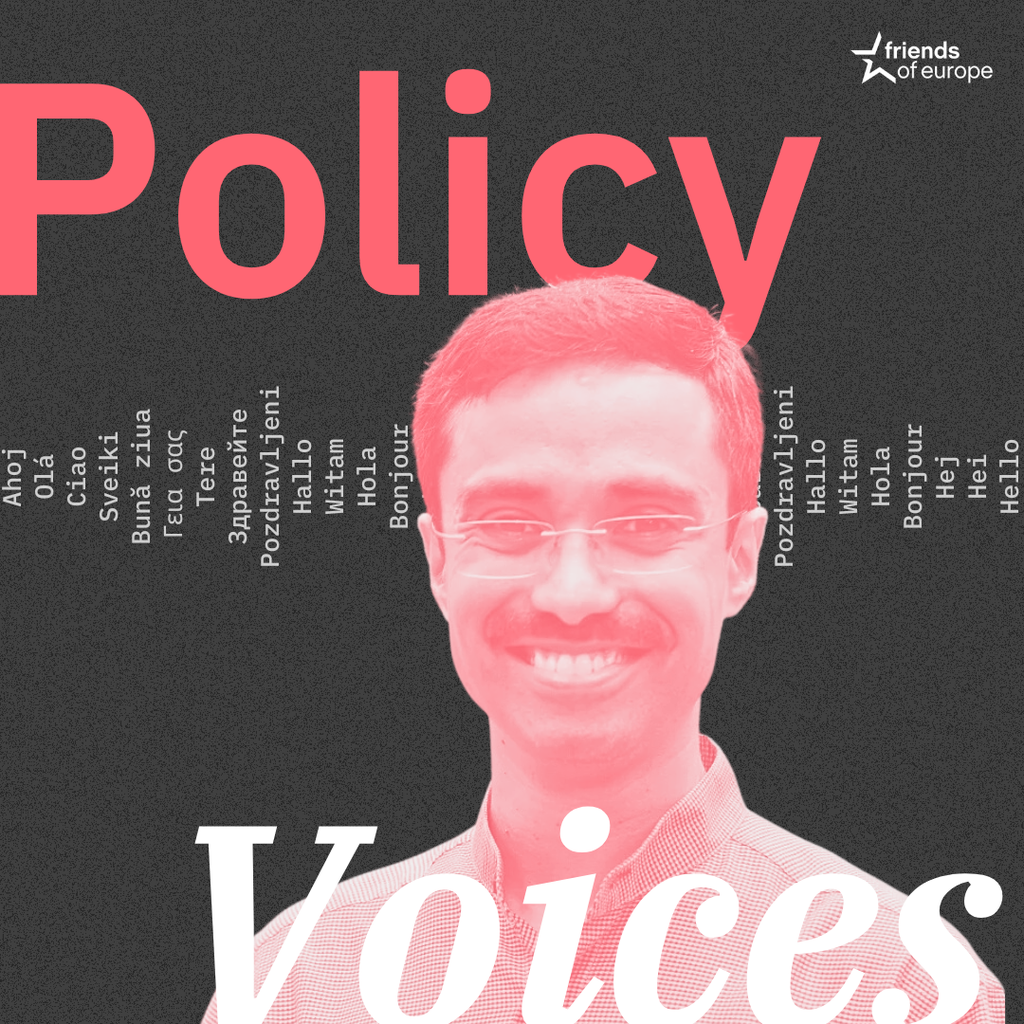A European agenda for space: resilience, security and sovereignty
Past event In person

- Area of Expertise
- Digital & Data Governance
Climate, Energy & Natural Resources

Director of Public Affairs & ESG at Vodafone Group
Two European Union goals stand taller than the rest. First – by 2030, everyone will have access to 5G or gigabit connectivity. Second – by 2050, Europe will be a climate-neutral continent, with emissions completely reduced or offset across sectors. The relationship between those goals is closer than you might think.
Climate neutrality requires rapid decarbonisation across sectors – industry, energy, transport, agriculture and so on. The EU is targeting a reduction of net greenhouse gas emissions of at least 55% by 2030, compared to 1990 levels. We will also need to see an uptick in energy efficiency, helping reduce the demand on national grids.
5G connectivity is the key catalyst for improving energy efficiency and reducing carbon emissions. Through the Internet of Things (IoT) – where smart sensors and connected platforms are used to improve manufacturing and industrial processes – 5G can further revolutionise markets, for example, the automotive, healthcare and agriculture sectors. We’re already seeing the positive impacts that ‘smart cities’ built on IoT technologies can have for the planet. The speed and low latency offered by 5G will take that to the next level, opening new industrial opportunities for IoT and enabling potentially billions of devices to communicate with each other in sustainable smart cities of the future.
Digital solutions could support Europe’s sustainability ambitions if rolled out at scale
Vodafone is continuously working with partners to explore how new applications of IoT technology could support sustainability. Smart energy meters are one example, which according to the European Commission, can help improve household energy savings by up to 10% and reduce bills by hundreds of euros. Vodafone has worked with energy companies to deploy around 20mn smart meters across Europe, all connected to our IoT network. Smart streetlights are another. IoT sensors in streetlamps could help optimise energy resources, by monitoring where and when that lighting is needed. In some cases, we have seen potential energy savings of up to 50%.
Beyond the power grid, technology can also help reduce demand for fossil fuels and support decarbonisation in the wider economy. In partnership with the tyre manufacturer, Continental, Vodafone has developed an IoT-backed tyre-monitoring platform that can reduce a vehicle’s annual fuel consumption by up to 1,000 litres, improving road safety at the same time.
When taken collectively, and as part of a broader ecosystem of smart cities, these are just a few examples that show how digital solutions could support Europe’s sustainability ambitions if rolled out at scale. 5G connectivity will be critical to this, allowing more devices to share larger amounts of data simultaneously and without lag. This is important for powering future IoT applications, such as autonomous electric transport and intelligent traffic management systems.
Without the right environment for the telecoms sector to make the investment required in 5G infrastructure, Europe risks being unable to meet the climate challenges it faces
Europe’s sustainable future needs a sustainable telecoms sector. The EU wants all its citizens and businesses to benefit from the latest in digital technologies. It wants its economy to be modern, competitive and sustainable, but the EU is at a crossroads. The twin energy and climate crisis is perhaps the most pressing issue it faces. Digital solutions, enabled by next-generation connectivity, will be a key weapon in its response.
Unfortunately, Europe is lagging behind its global competitors like China and the United States in its 5G roll-out. This has been caused in part by outdated European telecoms policy, which does not incentivise investment, nor has it kept pace with the market realities it was created for.
Vodafone is calling for a regulation reboot. Without the right environment for the telecoms sector to make the investment required in 5G infrastructure, Europe risks being unable to meet the climate challenges it faces.
Related content:
This article is a contribution from a member or partner organisation of Friends of Europe. The views expressed in this #CriticalThinking article reflect those of the author(s) and not of Friends of Europe.
Past event In person

Next event In person & livestreamed

Past event Online

Past event In person





Stay informed
We use cookies and similar technologies to adjust your preferences, analyze traffic and measure the effectiveness of our campaigns. Learn more about our privacy policy.